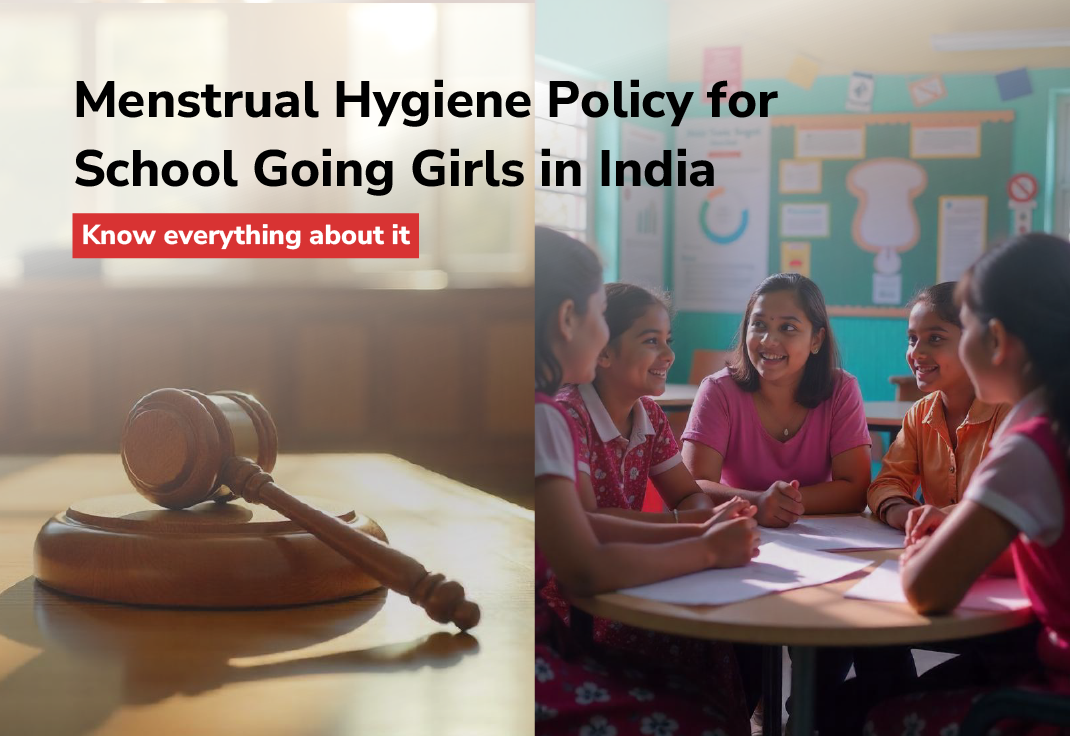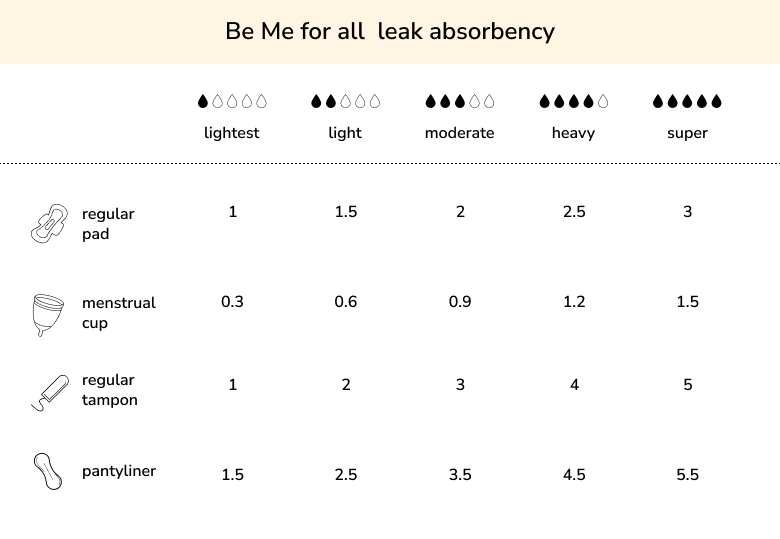
Menstrual Hygiene Policy for School Going Girls in Centre - Know everything about it
Published At
The Supreme Court has given the green light to a policy specifically intended for school-aged girls, creating the path for menstrual health and hygiene. This important decision was taken after a Public Interest Litigation (PIL) filed by Congress leader Jaya Thakur Ji, who highlighted the critical need to remove the barriers that young girls come across in getting menstrual hygiene resources and facilities.
This "Menstrual Hygiene Policy for School Going Girls," as it is formally known, aims to eliminate the stigma associated with menstruation and provide young girls with the knowledge and resources they need to manage their periods confidently.
Addressing the Urgent Need: A Response to the Court's Call

Recognizing the crucial need for a national policy on menstrual hygiene, the Supreme Court urged the Central Government to develop a comprehensive plan to address the issue. This direction was triggered by Jaya Thakur Ji's PIL, which underlined the challenges that young girls have in obtaining sanitary care and adequate sanitation facilities in schools. The newly authorized policy is a direct reaction to this call to action, aimed at closing the gap and ensuring that no girl falls behind because of their menstrual cycle.
Pillars of the Policy: A multifaceted approach

The Menstrual Hygiene Policy for Schoolgirls is a multifaceted strategy that aims to foster a supportive environment for girls. Here are the key components:
1. Prioritizing Access to Menstrual Products:
The policy aims to provide free sanitary pads to girls in grades 6-12, recognizing that cost can be a significant barrier to access. By providing these necessary items, the policy hopes to ensure that all girls, regardless of socioeconomic status, manage their menstruation with dignity and without risking their education.
2. Improving Sanitation Infrastructure:

The policy requires the construction of separate bathrooms for females in all government—and government-aided institutions. This provision is critical to providing girls with privacy and safety during their menstrual cycle, allowing them to attend school without fear or discomfort. The policy also highlights the importance of proper water supply and waste management systems in these sites.
3. Promoting Awareness and Education:
Recognizing that stigma and misinformation frequently prevent good menstruation practices, the policy highlights the need for awareness and education initiatives. These initiatives will seek to bust harmful social beliefs and myths about menstruation while also promoting safe and hygienic behaviors. By providing girls with knowledge and confidence, the strategy aims to disrupt the cycle of shame and secrecy surrounding menstruation.
4. Promoting Waste Management:
The policy also addresses the critical issue of menstrual waste management while encouraging eco-friendly methods. This involves promoting the use of sustainable period products and ensuring proper disposal procedures in schools.
Collaborative Implementation: A Shared Responsibility
The effectiveness of this policy is dependent on the joint efforts of numerous communities. The Centre, state governments, and universities will collaborate to implement the strategy, ensuring that resources and support reach all schools across the country. Schools will play an important role in fostering a friendly and inclusive environment for girls. Simultaneously, communities will be encouraged to confront negative social norms and promote open discussion about menstruation.
A Positive Impact: Empowering Girls, Transforming Lives

The Menstrual Hygiene Policy has the potential to improve the lives of schoolgirls across India significantly. The policy can help by addressing the issues related to menstruation.
- Increased school attendance and decreased dropout rates:By ensuring girls have access to menstrual hygiene products and facilities, the policy can help them stay in school and complete their education.
- Better health and well-being:Access to safe and sanitary menstruation practices can minimize the incidence of infections and other health issues.
- Enhanced social participation:By eliminating the stigma associated with menstruation, the policy can enable girls to participate more confidently in all aspects of life.
A Step Towards Menstrual Equity: A Brighter Future for Girls
The Supreme Court's decision of the Menstrual Hygiene Policy is a significant step forward in India's efforts to achieve menstrual equity. This policy demonstrates the power of advocacy and the dedication to ensuring that every girl has the opportunity to succeed. Working together, we can build a community in which menstruation is no longer a hurdle to education, health, or social involvement. This policy is a light of hope, pointing to a better future for girls across India.









